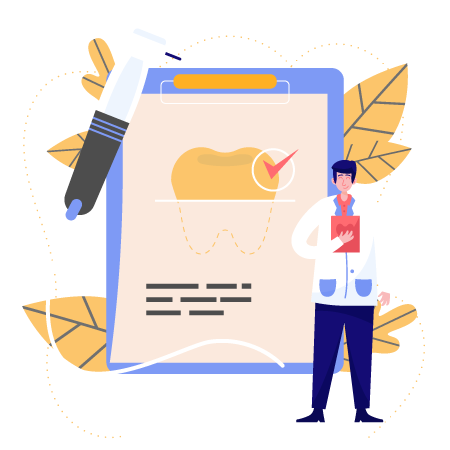
To avoid bad breath, it is important to first know what causes it. You might think that only foods like garlic and onions can cause bad breath. But you will be surprised to know that "sulfur compounds" released by bacteria in the mouth, especially on the tongue, are responsible for bad breath. Apart from food, poor hygiene, tobacco use and some other diseases can also cause bad breath.
Causes of bad smell:
Smoking and chewing tobacco cause tar and nicotine to accumulate on the teeth. Foods like garlic and onions have a distinctive odor. Tar and food particles can trap odor-causing bacteria between the teeth and collect there. Saliva in the mouth helps wash food particles from the teeth. But even those whose mouths remain dry for a long time can have bad breath. Some medications, mouth breathing, and habits like smoking can contribute to dry mouth. Inadequate cleaning, tooth decay, and pyorrhea can also cause bad breath. Some vitamin deficiencies can increase bad breath. Respiratory tract infections, sinusitis, diabetes, gastrointestinal diseases, and kidney diseases can cause bad breath.
How to get rid of bad smell:
Knowing the cause is half the battle against the problem, and developing a habit of maintaining good oral hygiene can be considered the best weapon. Brush your teeth and gums twice a day for at least 2 minutes. Keep the space between the two teeth clean with an interdental brush or floss. Nowadays, there are some sonic brushes available in the market that can be considered excellent for cleaning teeth. Brush both teeth and gums while looking in the mirror for a thorough cleaning. Use antibacterial toothpaste and mouthwash as per the dentist's advice. Remember that prolonged use of antiseptic mouthwash is harmful. If you wear dentures, remove them at night and clean them thoroughly with a denture cleanser before putting them back on the next morning.
Helpful tips to keep your breath fresh between brushings:
Eat a nutritious diet. Eating fruits like carrots and apples for breakfast helps in loosening the dirt that has accumulated on the teeth. Make it a habit to rinse and floss after eating. Keep your tongue clean. Drink plenty of water. Sugarless chewing gum can be used to stimulate the flow of saliva.
If you still have bad breath, visit your dentist. By examining you and asking a few questions, your dentist can determine whether the problem is in your mouth or a symptom of your underlying health condition! If your bad breath is caused by oral issues, they can help you get rid of the bad breath by providing the right treatment. It is generally advisable to get a dental checkup and teeth cleaning once a year.





